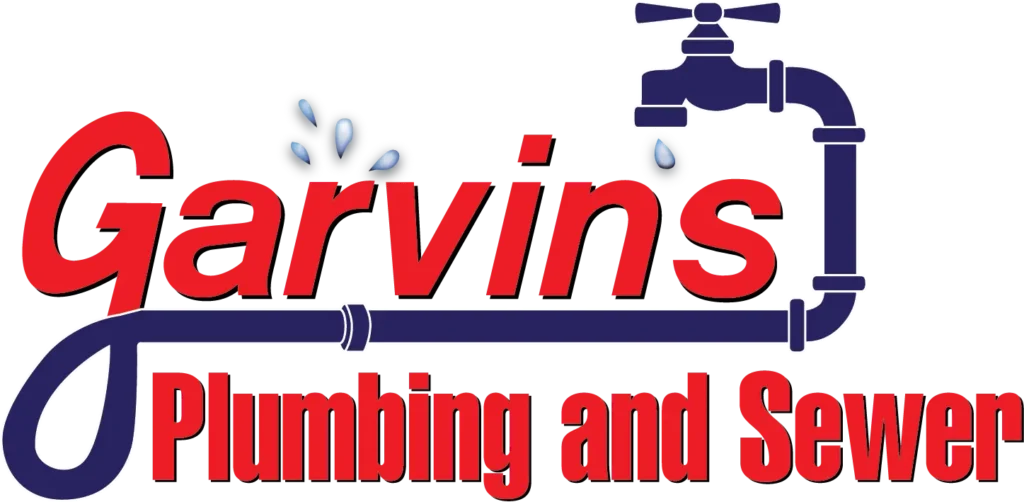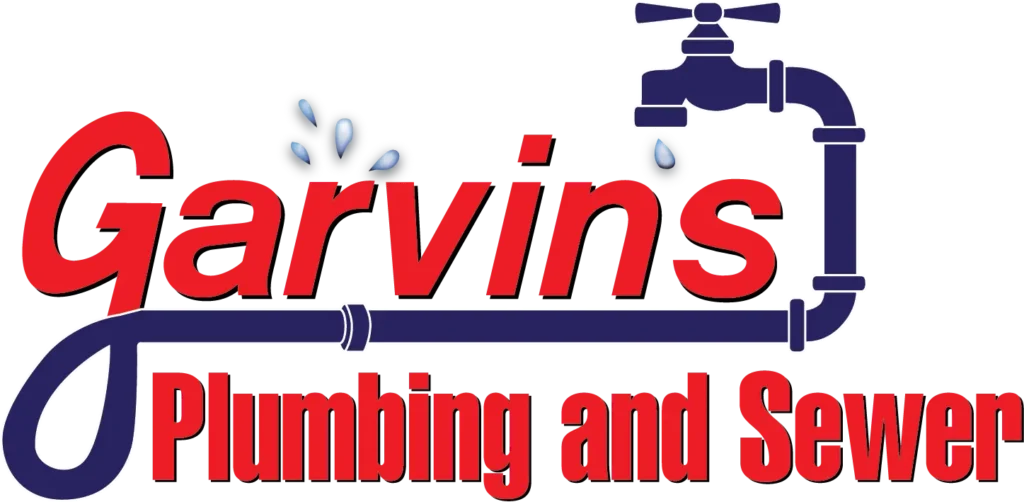The Oldest Plumbing Company In Denver, CO
Garvin’s Plumbing and Sewer has been a cornerstone in Colorado communities, providing top-notch plumbing and sewer services. For over 80 years, Denver, CO, residents and businesses have been experiencing the exceptional workmanship and customer service that Garvin’s is known for. Our team of experienced plumbers is equipped to handle everything from routine maintenance and repairs to replacement services and comprehensive sewer solutions.
Comprehensive Plumbing And Sewer Services
At Garvin’s Plumbing and Sewer, we pride ourselves on offering a wide array of plumbing and sewer services tailored to meet the needs of Denver’s homes and businesses. Our plumbing repair services are a cornerstone of our offerings, ensuring that Denver residents have access to prompt, reliable assistance whenever problems arise. As a leading Denver plumber, we are committed to delivering solutions that not only fix immediate issues but also prevent future problems.
Drain cleaning is another area where we excel, employing state-of-the-art technology and techniques to efficiently remove clogs and debris. Our comprehensive sewer line inspection and repair services utilize advanced diagnostic tools to accurately identify problems, employing trenchless repair methods wherever possible to minimize disruption. This expertise makes us the go-to plumber in Denver Colorado for all sewer-related needs.
Understanding the importance of prevention, we offer customized maintenance plans designed to keep your plumbing and sewer systems in peak condition. Lastly, our installation and replacement services cover a broad spectrum, ensuring every installation is performed with precision, using high-quality materials for enduring performance. This comprehensive approach positions us as a premier plumber in Denver, ready to address any plumbing challenge.
Exploring The Denver Area
Denver, the vibrant capital of Colorado, is known for its dynamic mix of urban sophistication and outdoor adventure. As Denver continues to grow and evolve, the demand for reliable, high-quality plumbing and sewer services has never been greater.
Garvin’s Plumbing and Sewer is proud to serve the Denver community, understanding the unique challenges and needs of this bustling city. From historic homes in Capitol Hill to modern developments in the Denver Tech Center, our team is familiar with the diverse architecture and plumbing systems across the city, reinforcing our reputation as the preferred Denver plumber.
What Sets Us Apart?
What differentiates Garvin’s Plumbing and Sewer from others in the Denver area is our commitment to excellence, integrity, and customer satisfaction. Our experience and expertise, combined with a focus on quality and reliability, make us the preferred choice for many.
Our customer-centric approach ensures personalized service that meets the unique needs of each customer, with transparent pricing and no hidden fees. As a local business, we’re deeply invested in the community, participating in local events and initiatives to support the well-being of our neighborhoods.
Rely On Experience For Plumbing Solutions
For Denver residents and businesses seeking dependable plumbing and sewer services, Garvin’s Plumbing and Sewer is your trusted partner. With our extensive range of services, experienced team, and commitment to customer satisfaction, we’re here to ensure your plumbing and sewer systems are in top condition. Contact us today to experience the Garvin’s difference and join the ranks of our satisfied customers in Denver, CO!
Garvin’s Plumbing And Sewer
2900 S Shoshone St., Englewood, CO 80110
(720) 408-3357
Hours
Mon-Fri 8AM – 8PM
Saturday & Sunday 8AM – 5PM




